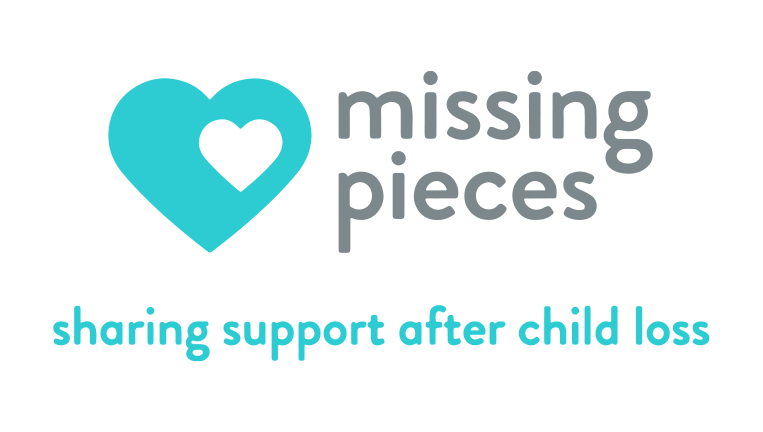Suggestions for supporting the grieving parents & grandparents
Read about grief. It is important to understand what you and your child are experiencing
It helps to be open and share your feelings. Your openness sets a good example for your child. Share the good memories and the good days as well as the pain of grief and the bad days.
But, don’t let your grief overshadow the grief of your child’s grief.
Be available to LISTEN frequently to your child. Respect your child’s way of handling the pain and expressing the grief. Don’t tell your child how they should be reacting. Be non-judgmental and accepting of their feelings and choices—everyone grieves differently.
Say your grandchild’s name and talk about him or her.
Remember your surviving grandchildren.
Follow your child‘s cues.
Ask open-ended questions. Be a good listener.
Instead of asking, “Is there anything I can do to help?”, offer concrete suggestions: provide meals, assist in organizing a funeral, hire a housekeeper, or support your living grandchildren.
Do not clear away the child’s items without being asked.
Commemorate your grandchild—Remember special dates: plant a flower, plant a tree, place a marker, establish a memorial fund/scholarship, make a donation on your grandchild’s birthday, or remember during holidays of different faiths.
Do not ask your child about having future children; instead, let your child raise any conversation about future plans, if any.
Research local support groups or counseling for yourself and the grieving parents, who may find it overwhelming to seek out support, so that options are available to the parents when they are ready.
Recognize that healing is a lifelong process and help your child understand that there is no timeframe for the grief process. Do not suggest that your child should or will “get over” or “get past” a loss.
